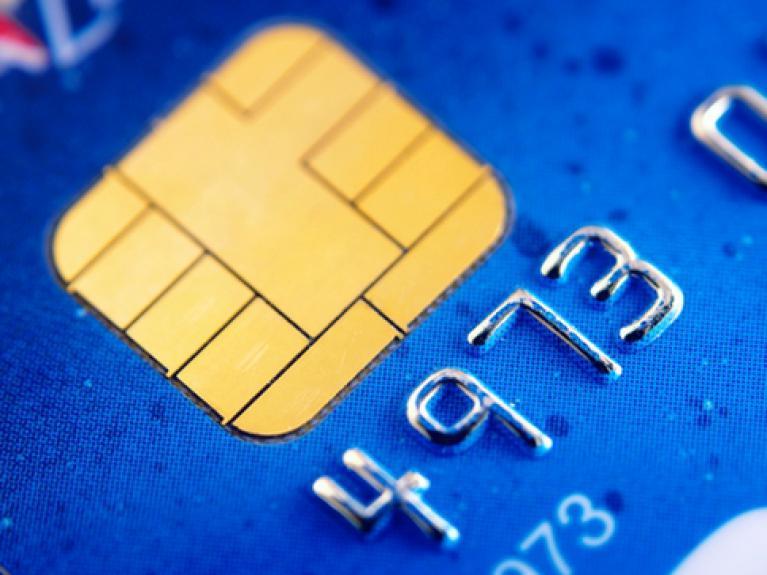Visa program streamlines global QR code payment adoption
A new service is helping retailers adhere to newly introduced interoperability standards related to QR code-based payments.
In a move to standardize emerging cashless payments, EMVCo, the global technical body that manages the EMV Specifications, released new global QR Code Payment standards — a move that will allow retailers to process mobile payments made through the two-dimensional machine-readable barcodes. Visa and the other EMVCo members worked to develop these new globally interoperable EMV specifications.
Visa also offers a service that helps merchants accept these emerging digital payments. Called mVisa, the solution allows consumers to pay for goods and services by scanning a QR code on a smartphone or entering a merchant number into their feature phones.
Payment goes directly from the consumer’s Visa account into the merchant’s account, and provides real-time notification to both parties. mVisa is interoperable, meaning that the consumer and the merchant do not need to be customers of the same bank.
Merchants can participate in the program by enrolling the Visa Ready Program, which has adopted the interoperable QR standards. Once enrolled, merchants can freely accept payments from any country or bank given mVisa’s interoperability. Visa securely and efficiently processes each transaction, the company said.
Visa is already supporting merchant-presented QR technology in 15 countries around the world. India, Kenya and Nigeria are currently live with mVisa across both bank and merchant partners. Specifically, 33 banks and more than 328,000 merchants across India, Kenya and Nigeria have adopted the interoperable standards, as accelerating their QR code digital payment programs, according to Visa.
“We’ve already seen tremendous progress towards adoption of standardized, interoperable QR code payment systems in the developing world,” said Sam Shrauger, senior VP, digital products, Visa. “We are working with governments and central banks in countries like India to develop and implement QR code payment solutions that provide the convenience and security, and help the journey toward a cashless future.”
Visa intends to replicate this success in 12 other countries where mVisa has been enabled. This includes Cambodia, Egypt, Ghana, Indonesia, Kazakhstan, Malaysia, Pakistan, Rwanda, Tanzania, Thailand, Uganda and Vietnam.


